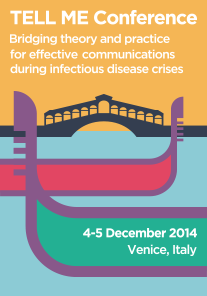WHO: MERS is a serious threat but not an emergency yet
The panel that was established one years ago to advise the World Health Organization (WHO) about the outbreak of the Middle East Respiratory Syndrome (MERS) stated that the situation is concerning but is not an emergency yet. The members of the panel has met four times since last July and had to decide if it was necessary to declare the MERS outbreak a public health emergency of international concern (PHEIC). By claiming a PHEIC, the panel would have given WHO all the powers necessary to apply the International Health Regulations (IHR) in order to tackle the emergency. However, the experts committee have decided that the situation did not meet the criteria to call for an emergency.
On May 14, at a press conference in Geneva, Switzerland, the WHO’s assistant director-general for health security and environment Keiji Fukuda reported the panel’s decision saying that “they believe the situation had increased in terms of its seriousness and urgency but did not at this point constitute a PHEIC”.
However, such a choice raised criticism. Preben Aavitsland is a Norwegian epidemiologist who took part in the preparation of the International Health Regulations and believes that MERS represents a serious threat that would require an international response. He fears that an escalation in cases number could lead some countries to apply travel restrictions to and from Middle East countries. According to him, it would be better to have WHO overseeing and controlling such measures, instead of having single countries dealing with them individually, without a coordinated plan.
Anyway, the panel will make a new assessment in a couple of weeks and this could be the occasion to see if there is an escalation and if an international reaction is thus necessary.


